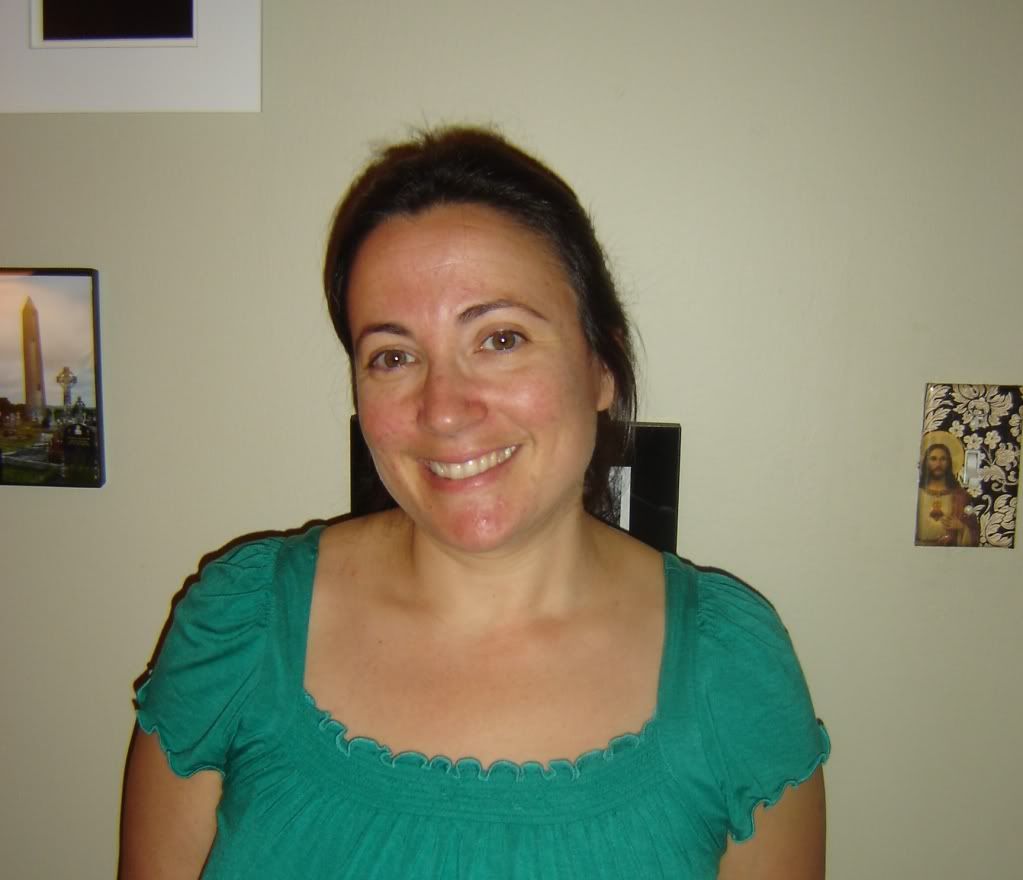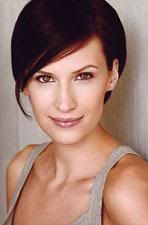Christopher Riley, the author of The Hollywood Standard: The Complete and Authoritative Guide to Script Format and Style, is a veteran of the Warner Bros. script department. He has written feature films, notably After the Truth, an award-winning German language courtroom thriller, as well as screenplays for Touchstone, Paramount, Mandalay, and Sean Connery’s Fountainbridge Films. Riley has been working with his screenwriting-partner/wife Kathleen since 1983.
Riley reveals his process writing for The Hollywood Standard, and offers key advice—including the biggest mistakes screenwriters make as well as suggestions to set oneself apart—to the Write On! community!
Why did you write The Hollywood Standard?
About 10 years ago, I did a lecture on script format. I hoped to give a roomful of aspiring writers the ability to make a professional impression with a mastery of industry-standard screenplay format. Having run the script processing department at Warner Bros., I knew how important that first impression was. I also hoped to give these writers an understanding of format that would enable them to express on the page the stories they imagined, and to do it with clarity and power. But during that first lecture, I discovered I would have to talk for a very long time if I was going to tell those students everything they might want to know about shot headings, dialogue, direction, and transitions. It was like trying to teach people how to spell without a dictionary; it was too much information. I described the challenge to my wife Kathy, who happens to be my writing partner, and she encouraged me to put down everything I knew about format in a book that could serve as a reference that writers could keep beside their computers as they wrote.
What was your process for writing it? Getting it published?
I’m primarily a screenwriter, not a book-writer, so I’m used to the screenwriting process, which is all about character, structure, action, visuals, and, above all, emotion. The Hollywood Standard isn’t really about any of those things. So the writing process was very different. My goal was to put a reference in the hands of screenwriters, stocked with everything they might need to know on the subject of script format and style. The first step was to create a comprehensive list of that information, drawing on everything I’d learned during my years as a format expert for Warner Bros. The next step was to organize it in a way that readers could rapidly find the information for which they were looking. Then I wrote the content, which consisted of explanations of the principles of script format and many hundreds of examples to make those principles clear.
After I’d finished writing the book, I did some research on who publishes books for filmmakers and script writers. I found their contact information and submission guidelines in The Writer’s Market and wrote to them, telling them about my background at Warner Bros. and describing what I’d written. Michael Wiese Productions, the largest publisher of books for filmmakers, responded immediately and we had a deal within a week. I understand from my author friends that it doesn’t usually work that way. It certainly doesn’t work that way with my screenplays.
What was your favorite part of writing The Hollywood Standard? The greatest challenge?
As a screenwriter, I’m an entertainer. I didn’t want to write a book that bored readers. And I wanted something of a human voice to come through, even in the pages of a reference book. So that was the greatest challenge, keeping it entertaining and human. I’m pleased when readers tell me that the book is a fun read, which they do.
My favorite part was writing the FAQs for the second edition. I let myself have some fun with those and planted a few questions I thought my publisher might make me cut, like my recommendation for a good cabernet sauvignon, or the question, “Was that you that day in Helsinki?” You’ll have to read the book to see if those questions made it to print, and maybe to get my recommendation for a good cabernet, which is in fact very good.
How do you juggle all the different types of things that you write?
Juggling is exactly the word that describes my writing life. Because my wife is my writing partner on my screenplays, that juggling gets even more complicated, because we have to coordinate the schedules of two busy people with diverse interests and responsibilities. I’ve learned that I’m not very good at multitasking. It frustrates me. I’m best when I focus intensely on one task at a time. Each morning, I make a list of all the tasks I have to accomplish, and I try to put my writing first thing, when I’m fresh and before my head fills with too many other concerns. Then I take my tasks one at a time and push through them. There’s rarely enough time to reach the end of the list, so I start again the next day. And when writing deadlines loom, or when the writing sucks me in, I sometimes write late into the night.
How important is it for screenwriters to have style and format correct?
My friend Dean Batali, who has written and produced for Buffy the Vampire Slayer and That 70s Show, compares reading a script that is out of format with listening to a song that is out of tune. It distracts. It grates. And no one tolerates it for long. People don’t usually read those scripts.
Because filmmaking (and I use that term broadly to include television, features, short films and stories for the web) is a team sport, screenwriters are always writing for others—producers, executives, directors, actors, agents. Format helps a script be taken seriously. And it helps a script communicate the visions in a writer’s head, so that the reader sees and feels what the writer saw and felt.
What are the three biggest mistakes screenwriters make?
1. Failing to proofread their work. This is a rookie mistake and one that is seldom forgiven by the professionals you hope will read your work. You must read what you’ve written and correct the grammar and spelling and punctuation. If you’re not good at it, find a friend who is.
2. Misusing and overusing format conventions so that they get in the way of the movie. For example, most scenes need only one shot heading or slug line. INT. CAFÉ RENAULT – DAY. After that, the scene can play out with description and dialogue and nothing more. But many writers will add all sorts of two shots and crane shots and inserts and pans that add nothing to the storytelling and simply distract.
3. Too many words. This goes to style rather than format. Screenwriting demands economy of form. Remember Strunk and White’s dictum, “Omit needless words.” I always do several passes on my own scripts to find and delete those needless words. The script always improves.
What are the top things that might set a screenwriter apart?
Write from truth. What has the writer seen and felt and experienced in life? Don’t regurgitate what you’ve seen on the screen. This is harder than it sounds because so many writers have spent so much of their lives staring at screens. They might need to take more time getting out into life and living. Loving. Seeking what’s real, what’s true, what matters.
Show us something we’ve never seen before. This flows directly from the advice in the preceding paragraph because each writer looks at the world and sees something no one else has seen before. A keen observer, a genuine writer, will go out into the world, see it, and come back and tell the rest of us what he’s seen. This is the reason I’ve always thought NASA should send a poet into space.
Make us care about your characters. Love them all. Help us see through their eyes. Allow us to know them intimately, more intimately than we might know our best friend.
Help us feel. Director Jim Sheridan (In America, My Left Foot) has said that film is primarily an emotional medium. I agree. Spend a few years learning how to do this.
How do you feel about web-series writing as an option screenwriters can use to get noticed?
Filmmaking for the web, because it can cost less than other forms of filmmaking and because distribution is not a barrier, offers writers an opportunity to get their work produced and in front of an audience. For a few writers, this will translate into their getting noticed by Hollywood. But I don’t think that’s the most important thing. I think getting their work produced and in front of an audience is probably the most important thing. Isn’t that why they’re writing?
Additional advice for screenwriters?
Care about the audience. Strive to offer them characters and stories that will enrich them. Write scripts that are worth writing even if no one gives you money for them. Seek the truth, find it, then tell it.
Additional advice for non-fiction writers?
I love reading good non-fiction. It’s like sitting down with the world’s greatest experts and hearing the best stuff they know. I wrote my book because I realized I knew as much about script format as anyone alive, and I wanted to make that knowledge available to my fellow writers. If you want to write non-fiction, figure out what you know best, or go pick the brains of people who know best, and set it out clearly and with meaning. I think Malcolm Gladwell does this as well as anyone.
What do you know now that you wish you knew when you first started writing?
Everything. I’m a late bloomer. It took me years to learn how to write. I think I’m just beginning to get the hang of it. I hope I live a long time so that I can get better and tell more stories.
Tags: Author Q&A Christopher Riley Filmmaking Format Kathleen Riley Kathy Riley Michael Wiese Productions Screenplay The Hollywood Standard The Writers Market Write On!











